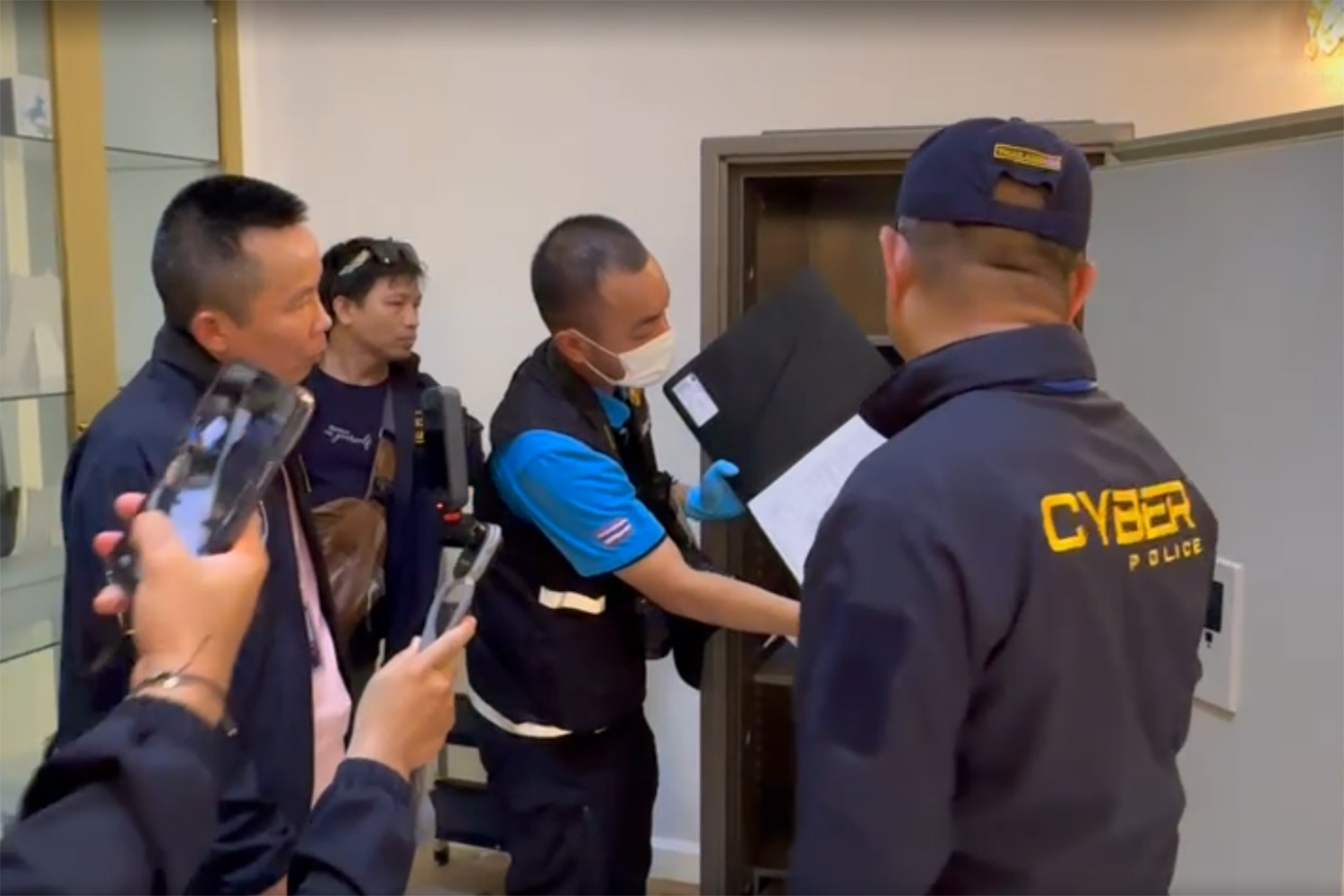Postponement Sparks Speculation
Late Paperwork Causes Delay
Finance Minister Pichai Chunhavajira announced on July 15, 2025, that the nomination for the next Bank of Thailand (BoT) governor was not discussed at the weekly cabinet meeting due to delayed paperwork. He dismissed concerns about last-minute issues, assuring that the candidate would be proposed at the next meeting on July 22. The delay, attributed to a busy schedule and late submission to the cabinet secretary, has heightened anticipation for this critical appointment.
Leading Candidate Emerges
Vitai Ratanakorn in Focus
Reports indicate that Pichai is likely to nominate Vitai Ratanakorn, president of the Government Savings Bank, as the next BoT governor. Selected from a pool of six candidates, Vitai, 54, is favored for his innovative approach and advocacy for interest rate cuts to stimulate Thailand’s economy. His appointment, requiring cabinet and royal approval, would mark a shift toward aligning monetary policy with the government’s economic goals, succeeding Sethaput Suthiwartnarueput, who retires on September 30.
Alternative Candidate Considered
Roong Mallikamas as Contender
Alongside Vitai, Roong Mallikamas, a BoT deputy governor specializing in financial institutions stability, is the other finalist. Her extensive experience within the central bank positions her as a continuity candidate, contrasting with Vitai’s reformist stance. The choice between an insider like Mallikamas and an outsider like Vitai reflects a broader debate about the BoT’s direction amid economic challenges, including high household debt and looming U.S. tariffs.
Economic Challenges Ahead
Navigating a Tough Landscape
The incoming governor faces a complex economic environment, with Thailand grappling with sluggish consumption, elevated household debt, and potential 36% U.S. tariffs on exports starting in August. Vitai’s preference for aggressive rate cuts contrasts with Sethaput’s cautious approach, which prioritized long-term reforms over quick fixes. The new governor must balance these pressures while ensuring monetary policy supports the Pheu Thai-led government’s fiscal initiatives without compromising the BoT’s independence.
Calls for Unity and Cooperation
Bridging Government and Central Bank
Siri Ganjarerndee, former BoT assistant governor and Tris Rating chairman, stressed the importance of the new governor fostering collaboration between the government, Finance Ministry, and BoT. He advocated for resolving policy disagreements privately to project unity and build confidence among businesses and the public. Public disputes, he warned, could undermine Thailand’s economic stability, especially given its limited resources and multiple challenges.
Implications for Monetary Policy
Ensuring Effective Coordination
The delay in the nomination process, while procedural, underscores the high stakes of this appointment. The new governor must navigate political pressures while maintaining the BoT’s autonomy. Vitai’s potential selection signals a shift toward a more interventionist monetary policy, but ensuring commercial banks pass on rate cuts to consumers will be critical. As Thailand faces global and domestic economic headwinds, cohesive policymaking will be essential to sustain growth and stability.








